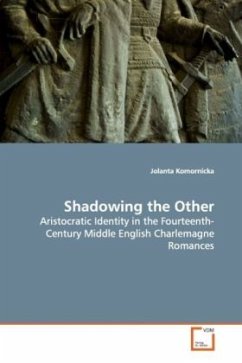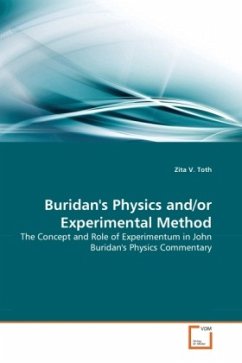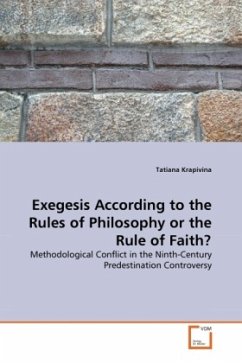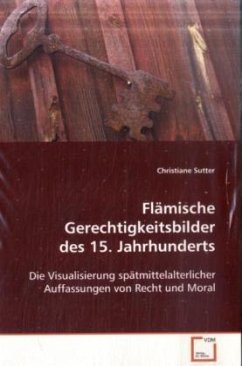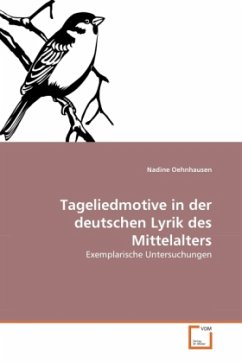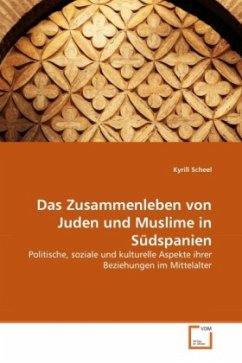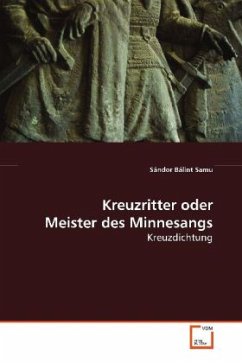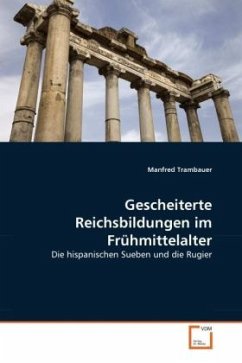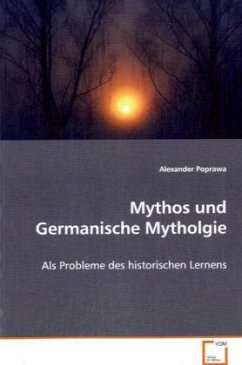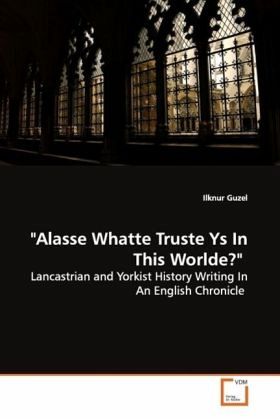
"Alasse Whatte Truste Ys In This Worlde?"
Lancastrian and Yorkist History Writing In An English Chronicle
Versandkostenfrei!
Versandfertig in 6-10 Tagen
32,99 €
inkl. MwSt.

PAYBACK Punkte
16 °P sammeln!
At the National Library of Wales a manuscript (MS 21608) has been recently found. An English Chronicle 1377-1461, which is based on the recently found text, covers the reigns of Richard II, Henry IV, Henry V and Henry VI. As a crucial source for the vernacular history writing and the Brut tradition in the late Middle Ages, the Chronicle contains two different parts: the first part of the Chronicle, that is 1377-1422/37 version was written by a Lancastrian compiler and the second part, that is the Continuation 1440-1461, was written by a Yorkist author. Undoubtedly, they had contrasting approac...
At the National Library of Wales a manuscript (MS
21608) has been recently found. An English Chronicle
1377-1461, which is based on the recently found
text, covers the reigns of Richard II, Henry IV,
Henry V and Henry VI. As a crucial source for the
vernacular history writing and the Brut tradition in
the late Middle Ages, the Chronicle contains two
different parts: the first part of the Chronicle,
that is 1377-1422/37 version was written by a
Lancastrian compiler and the second part, that is
the Continuation 1440-1461, was written by a Yorkist
author. Undoubtedly, they had contrasting approaches
to the politics of the late medieval period. The
Chronicle offers its readers an opportunity to
explore Lancastrian and Yorkist history writing.
This book discusses both approaches to
the politics of the period in the Chronicle. The
Lancastrian and Yorkist perspectives about the
contemporary politics and how these viewpoints were
reflected in their writings have been explored.
Accordingly, this book investigates the Chronicle,
which offers both an insight to the politics and
history writing of the late medieval period.
21608) has been recently found. An English Chronicle
1377-1461, which is based on the recently found
text, covers the reigns of Richard II, Henry IV,
Henry V and Henry VI. As a crucial source for the
vernacular history writing and the Brut tradition in
the late Middle Ages, the Chronicle contains two
different parts: the first part of the Chronicle,
that is 1377-1422/37 version was written by a
Lancastrian compiler and the second part, that is
the Continuation 1440-1461, was written by a Yorkist
author. Undoubtedly, they had contrasting approaches
to the politics of the late medieval period. The
Chronicle offers its readers an opportunity to
explore Lancastrian and Yorkist history writing.
This book discusses both approaches to
the politics of the period in the Chronicle. The
Lancastrian and Yorkist perspectives about the
contemporary politics and how these viewpoints were
reflected in their writings have been explored.
Accordingly, this book investigates the Chronicle,
which offers both an insight to the politics and
history writing of the late medieval period.



